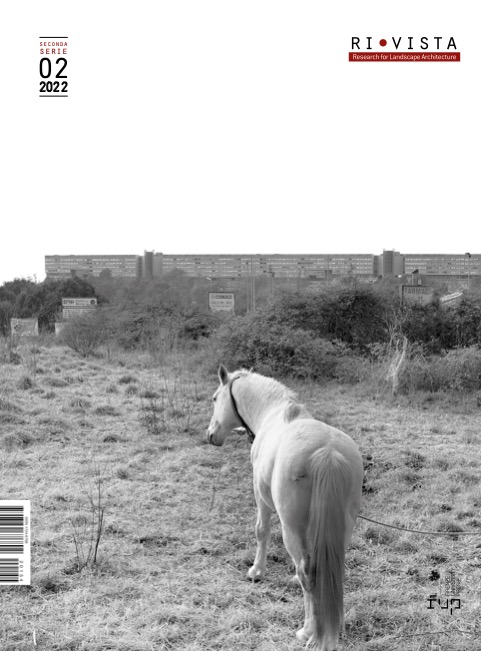Published 2023-02-23
Keywords
- Garden,
- vegetable garden,
- co-existence,
- reliance,
- interdependence
- experience,
- Maria Montessori ...More
How to Cite
Abstract
Living in complexity and being part of it, becoming self-aware, recognizing the other’s right to existence, embodying nature in oneself as a natural, obvious and everyday fact depends, as Edgar Morin said, on our educational system. To do this, we need to activate a process that focuses on direct experience with what surrounds us, and in particular with nature, remembering that education is the kindling of a flame, not the filling of a vessel.
Starting from some contemporary principle, especially from the Edgar Morin’s ‘reliance’ and the Gilles Clément’s ‘planetary garden’ and ‘terrestrial citizenship’, the research goes back in time and attempts a reinterpretation of some of the founding principles of Maria Montessori’s thought. This sees the garden as a privileged place for experimenting with an educational system capable of developing in human beings a greater awareness of themselves and their surroundings. In ‘our garden’, Montessori’s ideal place for a cosmic education, “The great law that regulates life in cosmos is that of collaboration between all beings” (Montessori, 2004).






